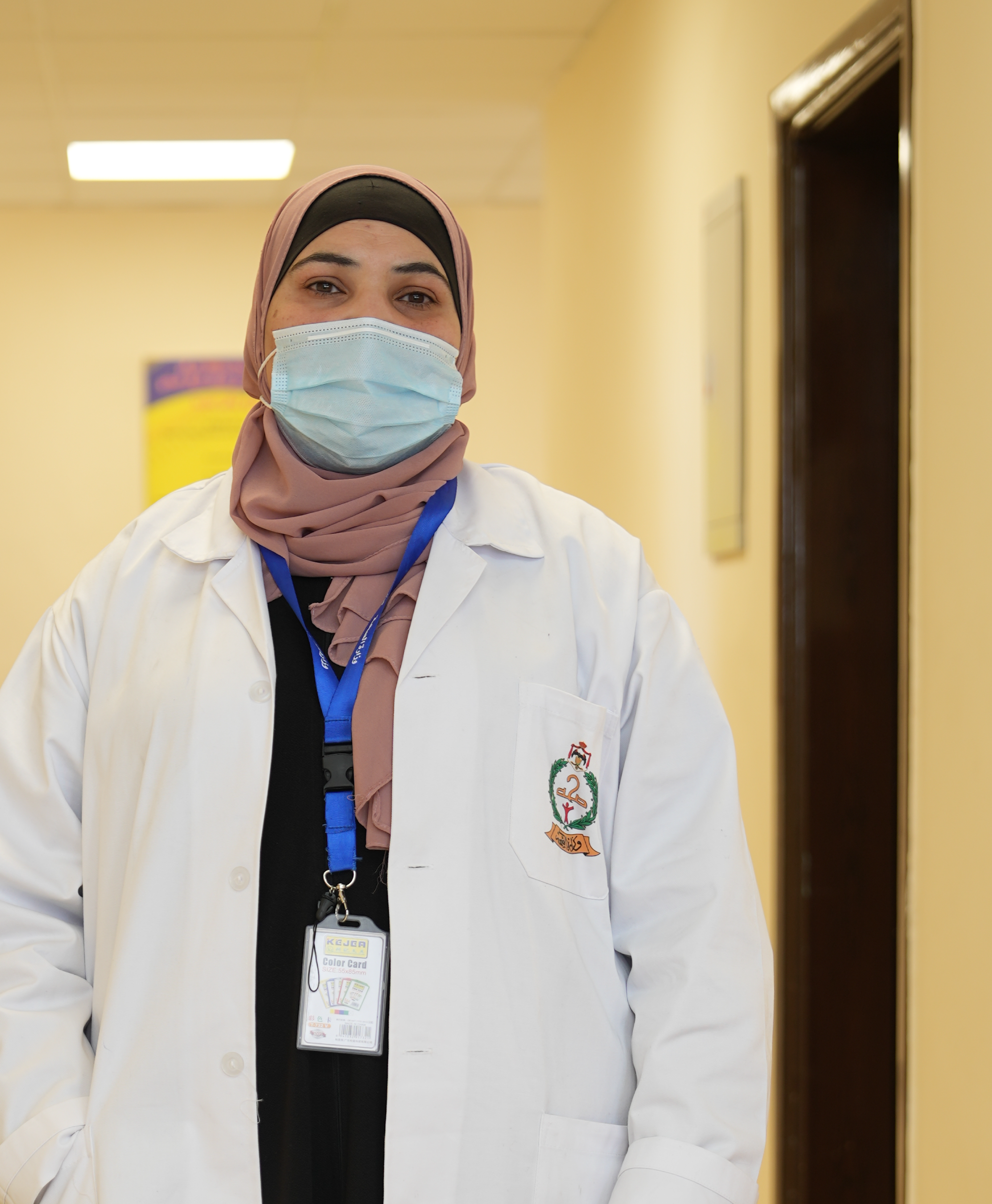When the refugee crisis began and large numbers of Syrians started arriving at our community health centre, we weren’t prepared, because the systems we had in place weren’t built for the scale or urgency we were suddenly facing, despite desperately wanting to help. We had one doctor, a nurse, and a centre that simply wasn’t equipped for such a rapid influx.
We quickly realised that we weren’t just treating patients—we were welcoming people who had endured trauma, uncertainty, and displacement. Many of them hadn’t had access to healthcare in months, even years. They came with a mix of conditions—uncontrolled diabetes, high blood pressure, respiratory illnesses, infections—and often no documentation, no medical history. It was about rebuilding trust in healthcare itself, not just diagnosing.
At first, it was overwhelming. The number of patients was far beyond what we’d ever handled. We’d see over a hundred people in a single day. It was physically exhausting, yes—but also emotionally heavy. I remember thinking, “How are we going to keep up?” But little by little, we did. We developed a triage system. We streamlined patient files. We trained volunteers. We adapted.
As part of our treatment protocol, we followed strict MoH guidelines—starting with vital signs, full assessments, and referrals where needed. We ensured that every patient, regardless of background or legal status, received proper care. For chronic conditions, we monitored closely and educated patients on how to manage their illness. Education became just as important as medicine.
One thing I’ve always believed in is patient dignity. We take time—sometimes more than we technically have—to listen, explain, and follow up. And over time, we saw the impact. Patients returned not only because they needed treatment, but because they trusted us. That was a turning point.
What keeps me grounded in this work is the belief that healthcare should be accessible, respectful, and consistent—especially in times of crisis. We didn’t just meet a need—we built a system of care in the middle of chaos. And that, to me, is the real work.

